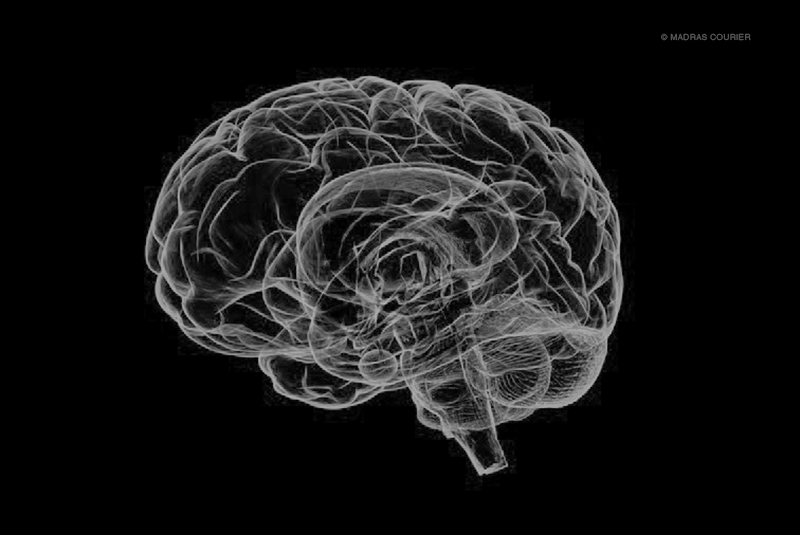The discovery of neurons has had an enormous significance in human history. What is even more important is that of the gap between neuron and neuron, which we have called the synapse, because this is the first time in history that we begin to get an insight into how the brain might accumulate memories, by gradual increase of the density of neurotransmitters in the synapses: this is the very beginning of our knowledge of the mind.
Of course, well before this time, philosophers had a jolly good time inventing the mind in various ways because their strength is that they can work in total ignorance of any experimental facts. I have my own names for the various schools. The patron saint of the escapists, which tried to by-pass the sensible world was Plato, of whom an Oxford philosopher once said at a meeting that he was an important philosopher because he had made important mistakes.
The armchair philosophers, led by the great Emmanuel Kant, dreamt that they could understand the world and the mind by pure thought, suitably doctored, on the grounds that the traffic rules for thinking that they invented were self-evident. There is, of course, a large group of bad philosophers (BP school), of which the less said the better. Shining exceptions are, in my lifetime, the great Ludwig Wittgenstein, numerous Oxford philosophers that nourished my mind and, in the eighteenth century, my hero David Hume (1711–1776).
Copyright©Madras Courier, All Rights Reserved. You may share using our article tools. Please don't cut articles from madrascourier.com and redistribute by email, post to the web, mobile phone or social media.Please send in your feed back and comments to [email protected]











